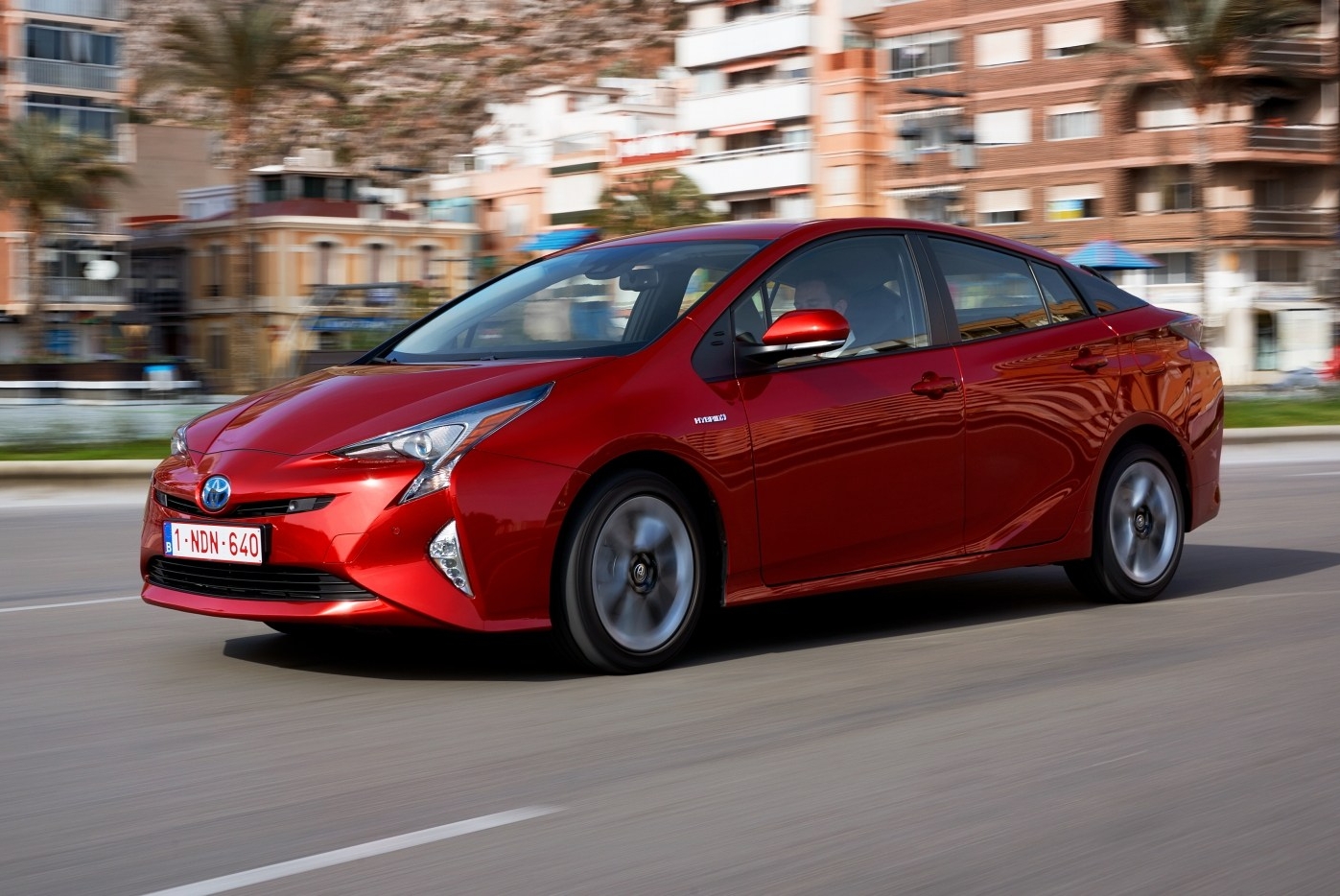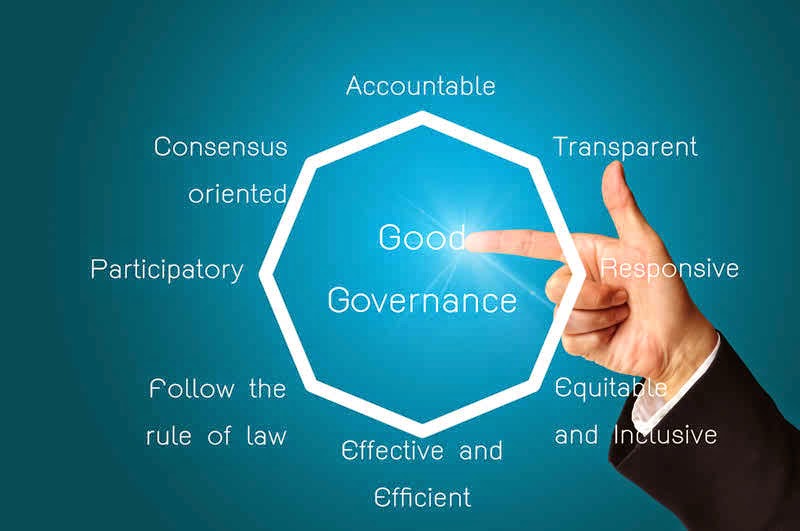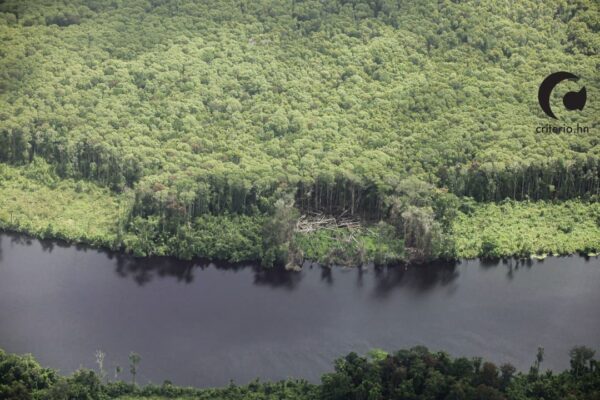North Wales Clean Energy Fund launches £24.6m low-carbon fund for businesses – Wrexham.com

Report on the Launch of the North Wales Clean Energy Fund
Introduction and Strategic Purpose
Ambition North Wales has initiated a significant regional investment with the launch of the £24.6 million North Wales Clean Energy Fund. As a component of the broader North Wales Growth Deal, this fund is strategically designed to accelerate the region’s transition to a low-carbon economy. The initiative directly supports the achievement of multiple United Nations Sustainable Development Goals (SDGs) by providing critical financial support to businesses and voluntary-sector organisations for projects focused on clean energy and decarbonisation.
Fund Structure and Objectives
The fund will operate over an initial five-year period, structured to maximise impact across different sectors of the North Wales economy. Its primary objective is to foster a sustainable energy landscape, directly contributing to SDG 7 (Affordable and Clean Energy) and SDG 13 (Climate Action).
- Private Sector Sub-Fund: Delivered by UMi, this stream targets businesses seeking to implement decarbonisation and clean energy projects, fostering innovation and sustainable industrial practices in line with SDG 9 (Industry, Innovation, and Infrastructure).
- Voluntary Sector Sub-Fund: Led by the Wales Council for Voluntary Action (WCVA), this fund empowers charities, social enterprises, and community-led initiatives. This focus promotes SDG 11 (Sustainable Cities and Communities) by enabling local ownership of clean energy assets and ensuring long-term benefits for local populations.
- Reserve Fund: A third fund is available to consider applications from other organisations and to explore alternative funding models, ensuring flexibility and broad reach.
The funding streams will support a range of smart energy solutions, including:
- Renewable energy generation
- Energy storage solutions
- Energy efficiency improvements
- General decarbonisation projects
Alignment with Sustainable Development Goals (SDGs)
The North Wales Clean Energy Fund is intrinsically linked to the global agenda for sustainable development. Its design and intended outcomes demonstrate a strong commitment to several key SDGs:
- SDG 7: Affordable and Clean Energy: The fund’s core mission is to increase the share of renewable energy in the regional energy mix and improve energy efficiency.
- SDG 8: Decent Work and Economic Growth: The initiative is projected to stimulate £100 million in regional investment and create up to 150 new, skilled jobs, fostering inclusive and sustainable economic growth.
- SDG 9: Industry, Innovation, and Infrastructure: By financing innovative technologies in energy storage and smart grids, the fund promotes the development of resilient, sustainable infrastructure and fosters industrial innovation.
- SDG 11: Sustainable Cities and Communities: The emphasis on community-led projects and local ownership of energy assets helps build inclusive, safe, and resilient communities with greater control over their energy future.
- SDG 13: Climate Action: A primary performance indicator for the fund is the targeted reduction of up to 125,000 tonnes of carbon dioxide equivalent, representing a direct and measurable contribution to climate change mitigation.
- SDG 17: Partnerships for the Goals: The fund is a model of effective partnership, involving Ambition North Wales, the UK and Welsh Governments, private sector delivery partners like UMi, and third-sector leaders like WCVA, all collaborating to achieve shared sustainability goals.
Stakeholder Endorsements and Strategic Vision
Key stakeholders have affirmed the fund’s strategic importance in positioning North Wales as a leader in the green economy.
- Cllr Gary Pritchard, Lead Member for the Low Carbon Energy Programme, highlighted the fund’s role in accelerating green energy projects and fostering a “more sustainable, prosperous future for the region,” reinforcing its contribution to SDG 8 and SDG 11.
- Rebecca Evans, Cabinet Secretary for Economy, Energy and Planning, noted that the fund leverages the region’s “abundant natural resources, skilled workforce, and commitment to sustainability” to drive economic growth while advancing the transition to a greener future, aligning with SDG 7 and SDG 8.
- Dame Nia Griffith, Wales Office Minister, emphasised that the UK Government-supported fund will help the sector flourish, create well-paid jobs, and contribute to national goals for energy security and climate action, underscoring the project’s alignment with SDG 13.
The fund’s launch at Coleg Llandrillo’s Engineering Centre in Rhyl, a facility for renewable energy technology training, further signifies the commitment to building a skilled workforce capable of supporting and sustaining the region’s low-carbon ambitions.
Relevant Sustainable Development Goals (SDGs)
- SDG 7: Affordable and Clean Energy – The article’s central theme is the launch of the “North Wales Clean Energy Fund” to support projects in renewable energy, energy efficiency, and smart energy solutions.
- SDG 8: Decent Work and Economic Growth – The initiative is expected to “drive economic growth” and “create up to 150 new jobs,” directly contributing to this goal.
- SDG 9: Industry, Innovation, and Infrastructure – The fund supports “innovative businesses” and “innovative developments” in the clean energy sector, aiming to build a sustainable, low-carbon economic infrastructure.
- SDG 13: Climate Action – A primary objective of the fund is to “accelerate the region’s transition to a low-carbon economy” and “cut up to 125,000 tonnes of carbon dioxide equivalent,” which is a direct measure of climate action.
- SDG 17: Partnerships for the Goals – The project is a collaboration between Ambition North Wales, the UK Government, WCVA, UMi, businesses, and voluntary-sector organisations, exemplifying a multi-stakeholder partnership.
Specific Targets Identified
-
SDG 7: Affordable and Clean Energy
- Target 7.2: By 2030, increase substantially the share of renewable energy in the global energy mix. The article supports this by funding “renewable energy generation” projects.
- Target 7.3: By 2030, double the global rate of improvement in energy efficiency. The fund explicitly supports projects focused on “energy efficiency.”
- Target 7.a: By 2030, enhance international cooperation to facilitate access to clean energy research and technology… and promote investment in energy infrastructure and clean energy technology. The fund itself, a £24.6 million investment vehicle, is a mechanism to promote investment in clean energy technology in North Wales.
-
SDG 8: Decent Work and Economic Growth
- Target 8.2: Achieve higher levels of economic productivity through diversification, technological upgrading and innovation. The fund aims to “drive economic growth” by supporting “innovative developments” in the clean energy sector.
- Target 8.3: Promote development-oriented policies that support productive activities, decent job creation… The article states the fund will “create up to 150 new jobs.”
- Target 8.4: Improve progressively, through 2030, global resource efficiency in consumption and production and endeavour to decouple economic growth from environmental degradation. The entire initiative is based on creating a “low-carbon economy,” directly linking economic growth with environmental sustainability.
-
SDG 9: Industry, Innovation, and Infrastructure
- Target 9.4: By 2030, upgrade infrastructure and retrofit industries to make them sustainable, with increased resource-use efficiency and greater adoption of clean and environmentally sound technologies and industrial processes. The fund’s purpose is to finance “decarbonisation projects” and “clean energy” solutions for businesses and organisations.
-
SDG 13: Climate Action
- Target 13.2: Integrate climate change measures into national policies, strategies and planning. The fund aligns with the “North Wales Regional Energy Strategy” and represents a tangible action to “respond to climate change” and transition to a “greener future.”
-
SDG 17: Partnerships for the Goals
- Target 17.17: Encourage and promote effective public, public-private and civil society partnerships, building on the experience and resourcing strategies of partnerships. The article describes a partnership involving public bodies (Ambition North Wales, UK Government), private sector delivery partners (UMi), and civil society organisations (WCVA, charities, social enterprises).
Implied Indicators for Measuring Progress
- Financial Investment: The article mentions the initial fund size of “£24.6 million” and an estimated total delivery of “£100m investment in the region.” These figures serve as direct indicators of financial resources mobilized for sustainable development.
- Job Creation: The projection to “create up to 150 new jobs” is a specific, measurable indicator of the fund’s impact on decent work and economic growth.
- Carbon Reduction: The goal to “cut up to 125,000 tonnes of carbon dioxide equivalent” is a quantifiable indicator for measuring progress towards climate action (SDG 13) and decoupling growth from environmental degradation (SDG 8.4).
- Number of Supported Projects: While not a specific number, the fund’s structure to support “businesses and voluntary-sector organisations” implies that the number of projects funded in each category can be used as an indicator of progress in promoting clean energy and innovation.
Summary Table of SDGs, Targets, and Indicators
| SDGs | Targets | Indicators |
|---|---|---|
| SDG 7: Affordable and Clean Energy | 7.2: Increase renewable energy share. 7.3: Improve energy efficiency. 7.a: Promote investment in clean energy infrastructure. |
– £24.6 million Clean Energy Fund. – Support for projects in renewable energy generation and energy efficiency. |
| SDG 8: Decent Work and Economic Growth | 8.2: Achieve higher economic productivity through innovation. 8.3: Promote policies that support job creation. 8.4: Decouple economic growth from environmental degradation. |
– Creation of up to 150 new jobs. – Estimated £100m investment to drive economic growth. |
| SDG 9: Industry, Innovation, and Infrastructure | 9.4: Upgrade infrastructure and retrofit industries to make them sustainable. | – Financial support for “innovative businesses” and “decarbonisation projects.” |
| SDG 13: Climate Action | 13.2: Integrate climate change measures into policies and strategies. | – Reduction of up to 125,000 tonnes of carbon dioxide equivalent. |
| SDG 17: Partnerships for the Goals | 17.17: Encourage and promote effective public, public-private and civil society partnerships. | – Collaboration between Ambition North Wales, UK Government, WCVA, UMi, businesses, and the voluntary sector. |
Source: wrexham.com

What is Your Reaction?
 Like
0
Like
0
 Dislike
0
Dislike
0
 Love
0
Love
0
 Funny
0
Funny
0
 Angry
0
Angry
0
 Sad
0
Sad
0
 Wow
0
Wow
0











































































